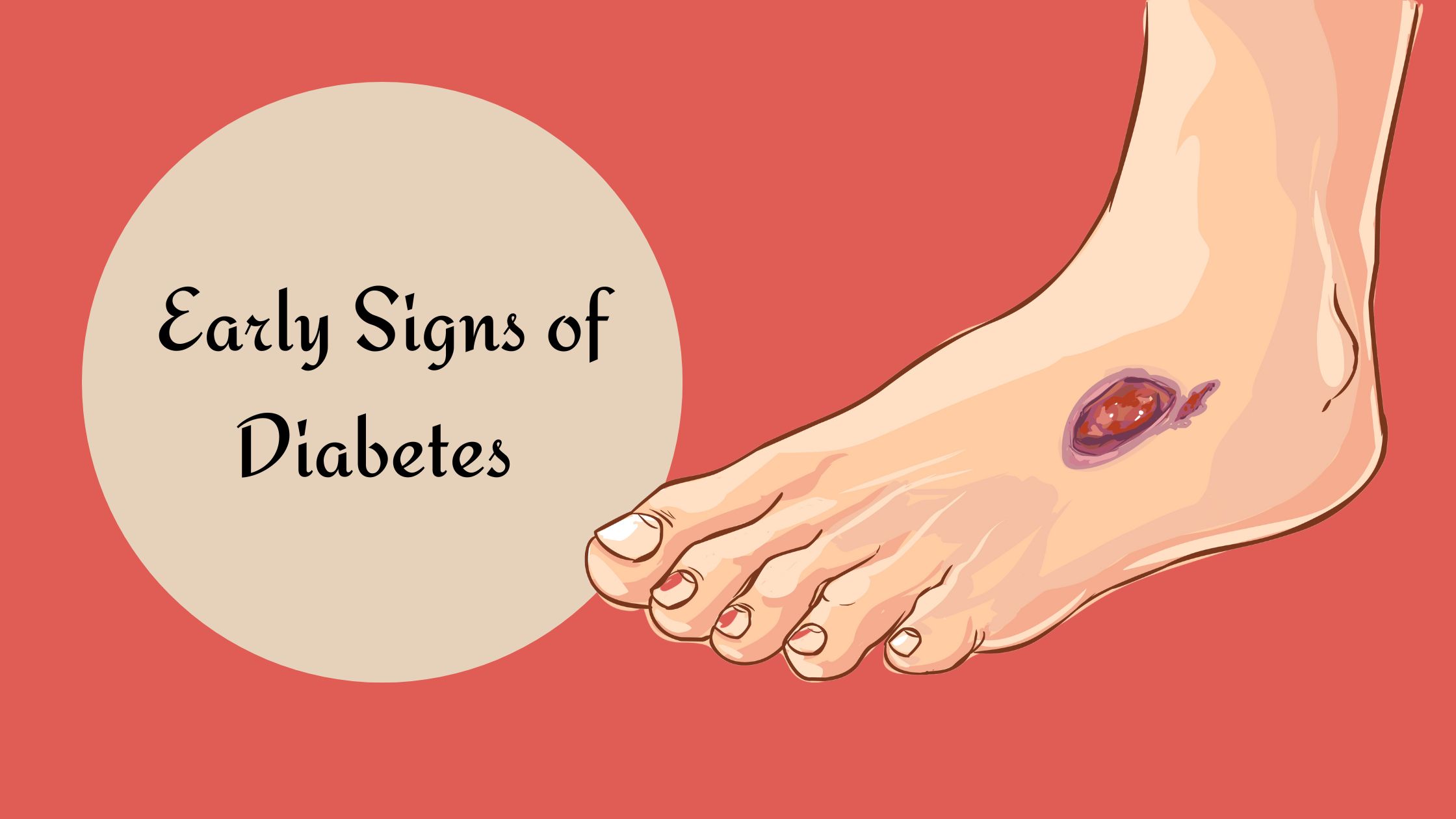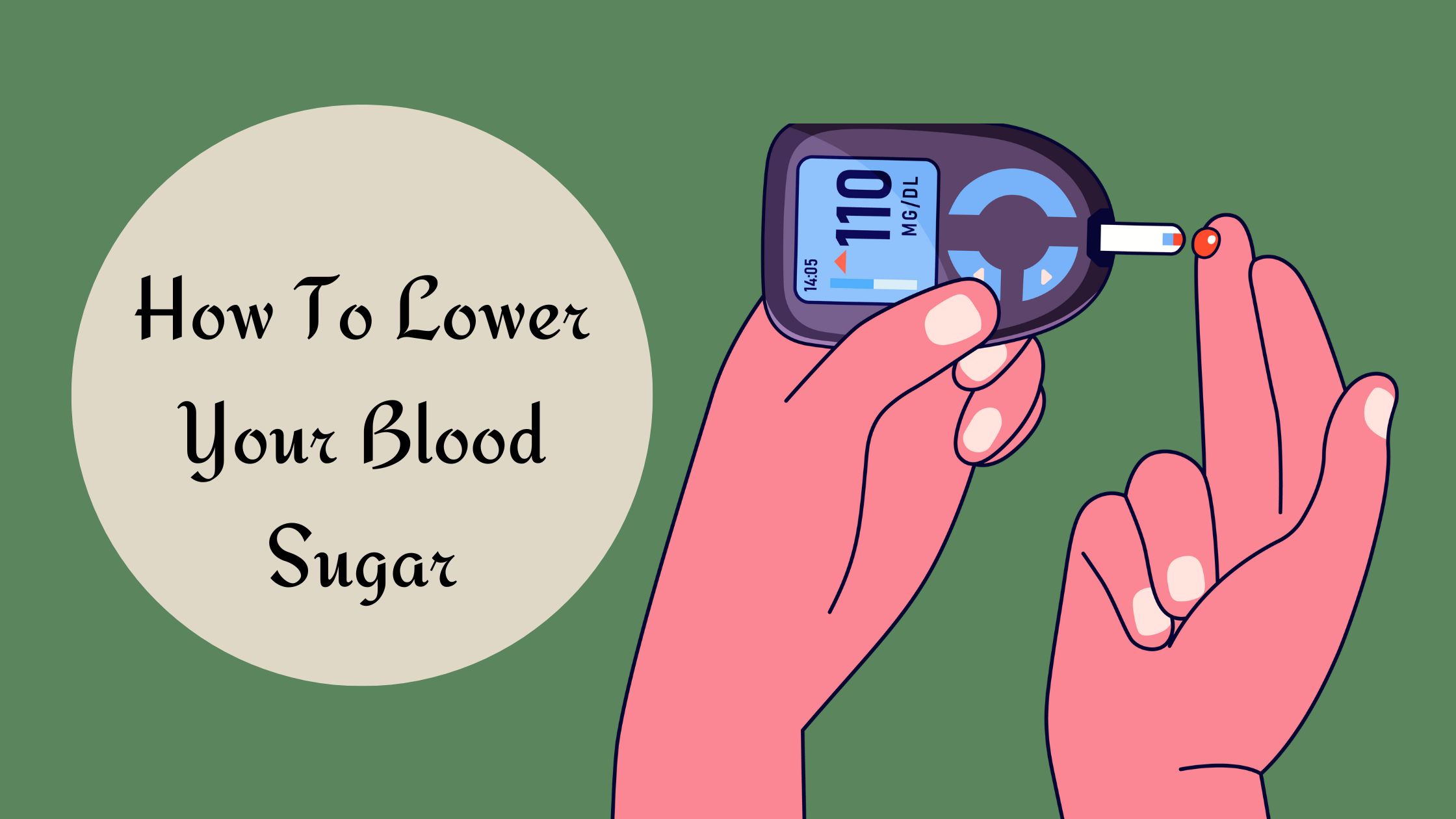6 Early Signs of Diabetes You Shouldn’t Ignore
Diabetes is a serious metabolic disease that affects over 422 million people worldwide, according to the World Health Organization. It’s often called the “silent disease” because it can develop slowly, and many people don’t realize they have it until it gets worse. The earlier diabetes is found, the easier it is to manage and avoid serious health issues. Here are six early signs of diabetes that you shouldn’t ignore.

Feeling Thirsty All the Time Could Be a Sign of Diabetes
If you find yourself constantly feeling thirsty, even after drinking a lot of water, this could be an early sign of diabetes. This type of thirst is called polydipsia. It happens because your body is trying to get rid of extra sugar in your blood. Your kidneys work harder to remove the extra sugar, which also leads to more water loss, making you feel thirsty. If you notice that you’re always thirsty, it might be a good idea to talk to your doctor.
Going to the Bathroom a Lot Means Your Body Is Getting Rid of Extra Sugar
If you’re thirsty all the time, you might also find yourself going to the bathroom a lot. This is called polyuria, and it’s one of the first signs of high blood sugar. Your kidneys are working hard to get rid of the extra sugar in your blood, and that means you end up losing a lot of water. This can make you need to pee a lot, even during the night. If this keeps happening, it’s important not to ignore it.
Always Feeling Hungry Even After Eating Could Be a Symptom
You might think eating a meal would make you feel full, but if you have diabetes, that’s not always true. Polyphagia, or feeling very hungry, happens because your body isn’t using insulin well enough to move sugar into your cells. Since your cells aren’t getting the energy they need, you end up feeling hungry all the time, even when there’s lots of sugar in your blood. If you’re always hungry, even after eating, it’s a good idea to have your blood sugar checked.
Feeling Tired All the Time Can Be a Sign of Diabetes
Feeling really tired is another common early sign of diabetes. When your body can’t use sugar properly for energy, it leaves you feeling very tired. Your cells aren’t getting the fuel they need, so you feel worn out. If you’re getting enough sleep but still feel exhausted, diabetes could be the reason.
Blurry Vision Can Happen When There Is Too Much Sugar in Your Blood
Another sign of diabetes is blurry vision. High blood sugar can cause changes in the lens of your eye, making your vision blurry. This blurriness might come and go, but it’s important not to ignore it. If your blood sugar stays high for too long, it can cause lasting damage to your eyes, called diabetic retinopathy. If you notice sudden changes in your vision, make an appointment with your doctor.
Cuts and Wounds Taking a Long Time to Heal Could Be a Warning Sign
If you notice that cuts or scrapes take a long time to heal, this could be a sign of diabetes. High blood sugar makes it harder for your body to send the nutrients needed for healing. It can also make your immune system weaker, making it easier to get infections. If your wounds take a long time to heal or you get infections often, it’s a good idea to talk to your doctor.
The Takeaway
Diabetes can develop without many obvious signs, but paying attention to these early symptoms is important. If you notice any of these signs—like always being thirsty, going to the bathroom a lot, or blurry vision—it’s important to talk to your doctor. Finding diabetes early can help you manage it better, avoid complications like eye or nerve damage, and prevent serious health problems.
If you’re worried about diabetes, don’t hesitate to get medical advice. A simple blood test can give you the answers you need.






